
 |
| The much-anticipated journey home can entail a great deal of waiting at train stations and airports, as these images prove. Hopeful travelers at Beijing Railway Station on Sunday had weighty matters of baggage to consider while at Beijing Capital International Airport sleep was an option, at least for the very young.(Photo/China Daily) |
Most parts of Central and East China will see snow or rain in the next three days, according to forecasts, which is likely to put even more pressure on transportation authorities during the ongoing travel peak.
Snow and sleet will continue to hit central and southern parts of Northeast China and North China until Tuesday, with some places in Jilin and Liaoning provinces experiencing heavy snow.
Southwestern parts of Xinjiang and Tibet autonomous regions will also see heavy snow from Monday to Wednesday, the China Meteorological Administration said.
In Beijing, traffic was affected by moderate snowfall early on Sunday.
More than 90 flights were canceled at Beijing Capital International Airport, and trains bound for the neighboring city of Tianjin were delayed.
In Shandong province, highways were temporarily closed on Sunday morning because of heavy snow, while the airport and long-distance bus station in the provincial capital, Jinan, halted operations until Sunday afternoon.
Some sections of roads in the snow-hit provinces of Shanxi, Hebei, Heilongjiang and Jilin were also closed on Sunday because of ice.
Hunan's meteorological department said rain and fog will continue to affect most parts of the province.
The wintry weather forced authorities to issue warnings on Sunday, urging commuters to prepare for possible delays.
Hebei province issued a yellow warning for heavy fog and slippery roads, and a blue warning for heavy snow.
Chinese meteorological authorities use a four-tier color-coded weather warning system, with red being the most severe, followed by orange, yellow and blue.
Shanxi, Liaoning and Jilin also suggested residents take precautions when driving on icy roads.
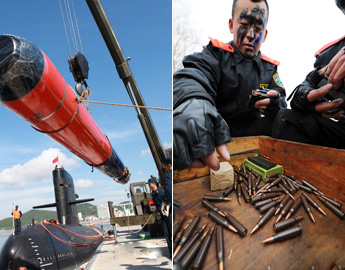
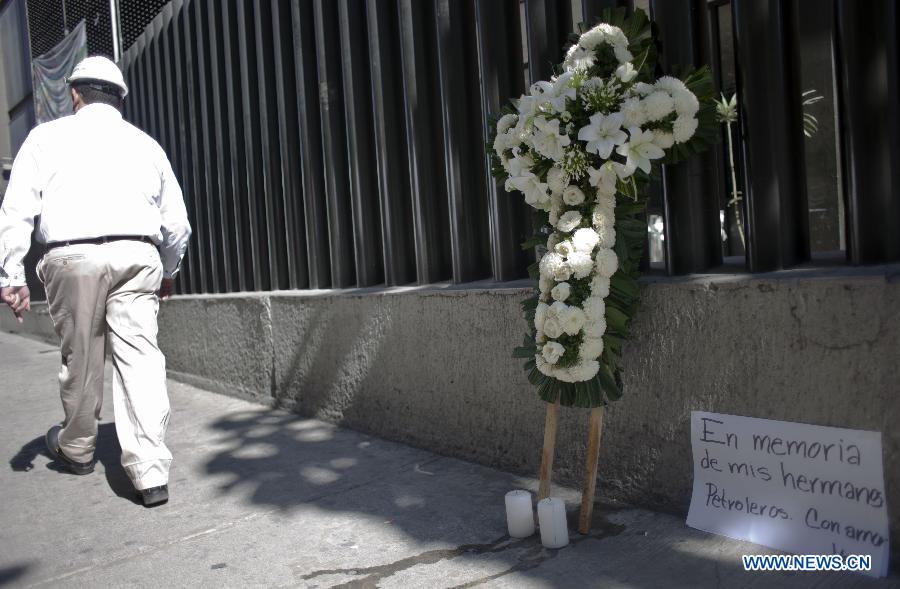

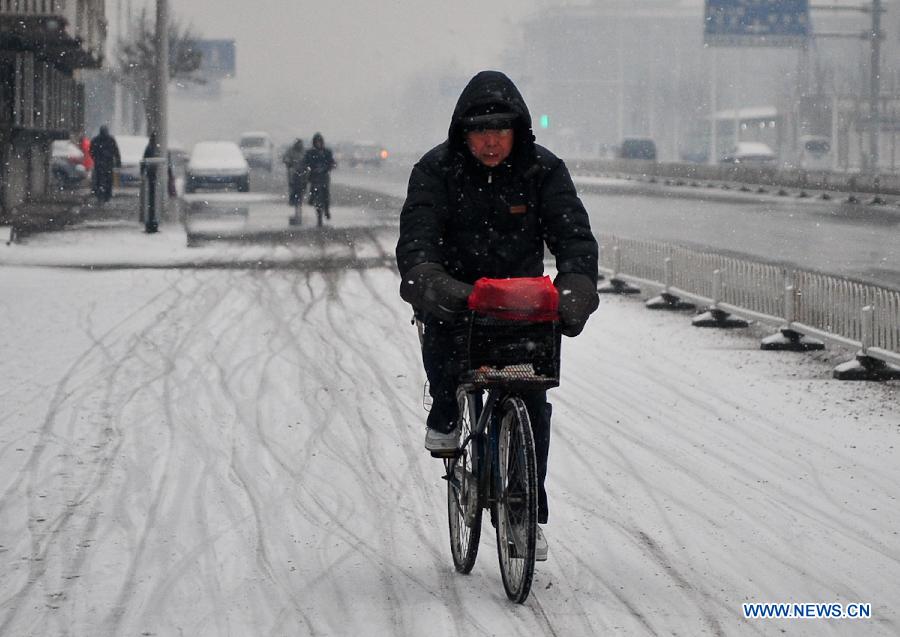
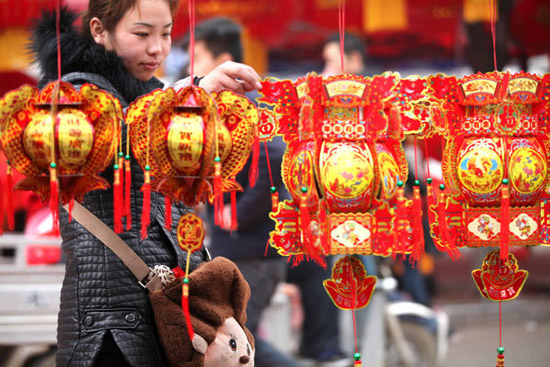
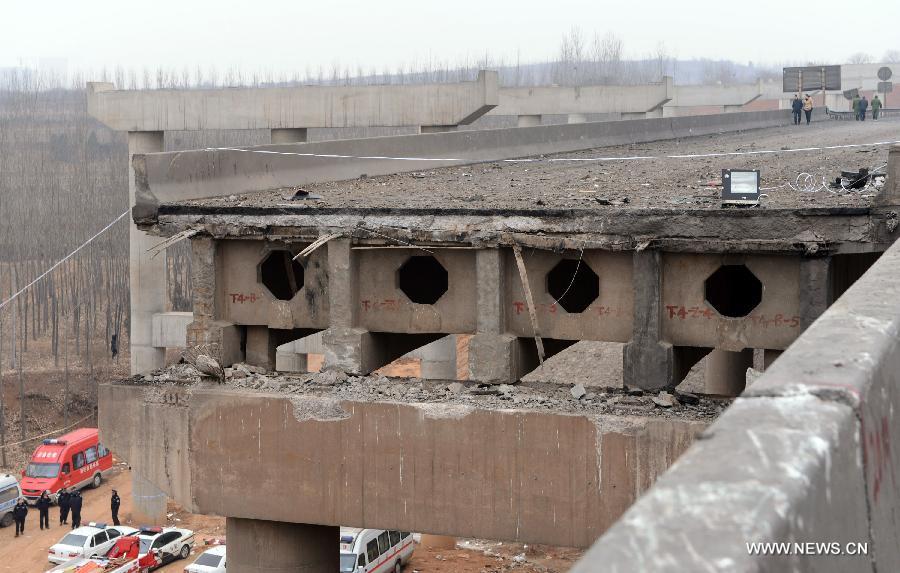


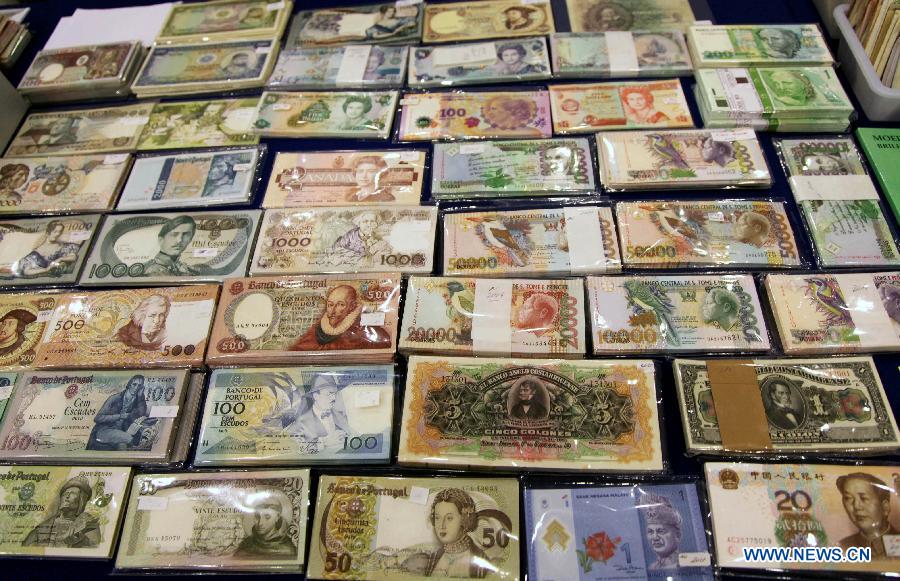







 H.K. limits visitors' buying of infant formula
H.K. limits visitors' buying of infant formula


![]()
